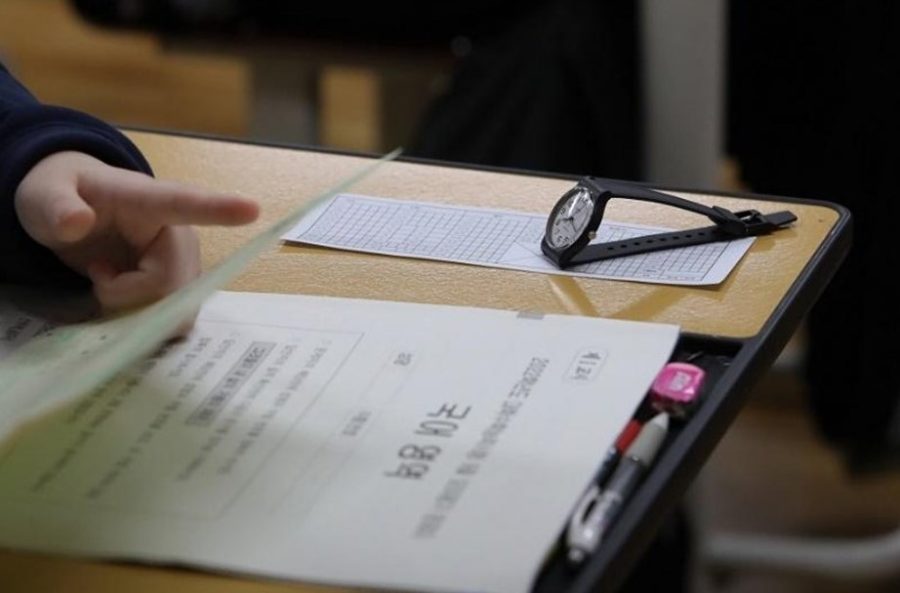By Aaron, Bailey & Jessie

Songdo- Recent changes to the health coverage for international students studying at the University of Utah’s Asia Campus have left many students uncertain about how to navigate health related issues and subsequent costs.
Both Korean and foreign students were previously enrolled and covered under Korea’s National Health Insurance. However, as of February 2019, foreign students were dropped from the government insurance program. These students’ providers had been changed to Cultural Insurance Services International (CISI) a private insurance firm based out of Stamford, Connecticut in the United States.
Students were enrolled in private insurance during the fall of 2018 but were not clearly notified about the change. Furthermore because students were billed through their tuition, many continued to be unaware of the coverage. Additionally students were still covered and charged during this time by the National Health Insurance until February 2019. Some only became aware of the changes when coverage was denied while at the hospital dealing with emergencies.
Students expressed frustration that they did not receive enough information about the new insurance, the changed policies and the costs and inconveniences incurred by the rollout. Dr. McCrillis expressed sympathy with that sentiment when he said, that the UAC acknowledges that there were problems with the roll-out of the new health insurance even citing communication issues as late as the Fall 2019 orientation.
McCrillis explained that the school is conscious of that and is seeking clearer ways to communicate the changes to the student body. McCrillis went on to explain the reason behind UAC’s internal decision to switch to private health insurance in Fall, 2018. He explained that new policies enacted by the Korean government effectively ended coverage for foriegn students living in Korea. He explained that the University was concerned about the safety of the students and the potential liability for the University for any health crises.
Om Yong Min, a representative of the National Health Insurance clarified McCrillis’ remarks. Om explained that while new residents of Korea would be denied access to the National Health Care for a period of 180 days after their entrance to the country, those already enrolled could have continued coverage if they maintained payments. He explained however that if they halted payment when they left the country that the 180 day wait period to enrol would restart.
McCrillis explained that the new coverage was more affordable for students and covered more medical procedures. While costs were relatively modest under to National Health Insurance, the March 17th edition of the Korea Times noted that coverage for foriegn nationals will more than double to 103,000 KRW per person, per month.
Additionally McCrillis’ touted CISI’s coverage of mental care, dental work, emergency evacuation to USA, repatriation of the dead body, and the insurance is effective even when the students are outside of Korea while the government health insurance was not.
Despite the several advantages of CISI, the foreign students in UAC felt that a lack of communication between the university and students could be a huge problem each time the Korean government or the University of Utah changed their policy.
Many felt that changes were felt most directly by the foreign students and they should’ve been notified to prepare themselves for the change. Students are also concerned about the time between the charge of hospital fees, and the time when the insurance reimburse the hospital fee, because until the insurance reimburses their money, they need to pay themselves first, and it could affect negatively to the students who does not have the money themselves.
The university commented that there will be no delay if students receive treatment at Gil Hospital and that new administrative faculty are working to ease the difficulties associated with the transition in healthcare providers.





![The convenience store chain, GS25, collaborated with the beer company Heineken. This is a pop-up store operated at GS25's Hapjeong Premium Store in Seoul and Ingu Beach Store in Yangyang, Gangwon-do in collaboration with Heineken. [Image courtesy of GS25]](https://songdochronicle.com/wp-content/uploads/2022/10/Korean-convenience-stores-targeting-the-MZ-generations-Chaeyoon-Jung-1.jpg)
